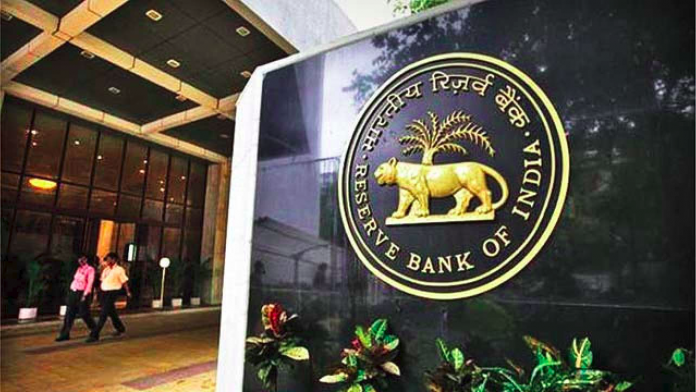New Delhi, December 8
The Reserve Bank of India decided to keep the benchmark lending rate unchanged at 4 per cent for the ninth time in a row and maintain the accommodative policy stance in view of the lingering impact of the Covid.
Announcing the decision of the RBI’s Monetary Policy Committee (MPC), apex bank chief Shaktikanta Das said there was unanimity on keeping the repo rate unchanged, and the decision to maintain an accommodative policy stance was approved by a majority of 5-1.
Though several high domestic performance indicators had shown promise, the main risk was from the “accentuation of headwinds emanating from global developments,” said Das.
The RBI chief especially mentioned rural demand as showing resilience by a strong start to the rabi sowing, continuing direct transfers under the PMKisan scheme and extension of the free foodgrains scheme till March 2022. Capital outlays will be bolstered by the Centre’s relaxation of additional market borrowings by states and the decision to front-load tax devolution.
Considering all these factors, the MPC retain the projection for real GDP growth at 9.5 per cent in 2021-22 consisting of 6.6 per cent in Q3 and six per cent in Q4. Real GDP growth is projected at 17.2 per cent for Q1 of 2022-23 and at 7.8 per cent for Q2.
Inflation, however, will trouble consumers though the RBI chief said it was within the projected upper limit. CPI inflation is projected at 5.3 per cent for 2021-22 but will be 5.7 per cent in the fourth quarter (January to March 2022).
On the issue of excess liquidity, the RBI decided to provide one more option to banks to prepay some of the 1.12 lakh crore taken under the Targeted Long-Term Repo Operations (TLTRO 1.0 and 2.0). The Banks have already prepaid Rs 37,348 crore in November. But it decided to continue till March 31, the on-tap liquidity windows of Rs 50,000 crore for Covid-related health care infrastructure and Rs 15,000 crore for certain contact-intensive sectors.
In a separate step, it gave operational flexibility to banks for infusing capital in their overseas branches.
“The Indian economy is relatively well-positioned on the path of recovery, but it cannot be immune to global spillovers or to possible surges of infections from new mutations including the omicron variant. Hence, fortifying our macroeconomic fundamentals, making our financial markets and institutions resilient and sound, and putting in place credible and consistent policies will assume the highest priority in these uncertain times,” said the RBI chief.















